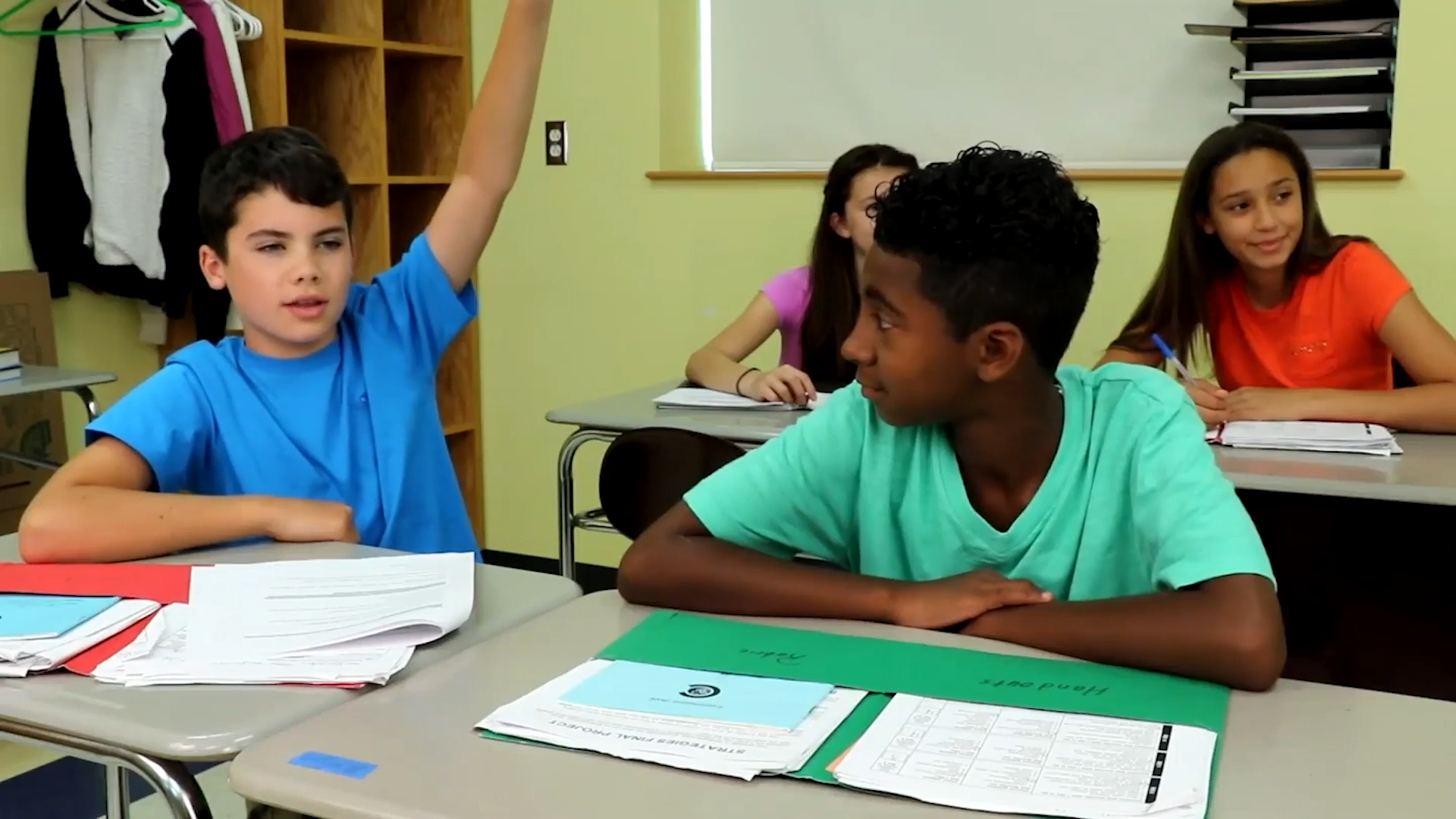
Introduction
In special education settings, it’s crucial to foster an environment that promotes active listening and communication skills. Students need to learn the importance of listening to their teacher and peers, waiting for their turn to speak, and maintaining focus during class. This not only ensures a more productive learning environment but also helps students develop essential social-emotional skills. In this blog post, we will discuss an easy-to-implement, no-prep activity that encourages students to practice listening skills and provide discussion questions to deepen their understanding of the topic.
No-Prep Activity: The Silent Game
The Silent Game is a simple activity that requires no preparation or materials from the educator. It’s a great way to help students practice their listening skills and learn the importance of waiting for their turn to speak. Here’s how to play:
- Ask the students to sit in a circle.
- Explain the rules of the game: The goal is to maintain silence for a set amount of time (e.g., 1-2 minutes) while paying close attention to the teacher.
- During the silence, the teacher will make a series of hand gestures or facial expressions. The students must observe these cues without speaking or making any noise.
- After the set time is up, the teacher can ask the students to share what they observed during the game. This encourages them to reflect on their listening skills and the importance of staying quiet and focused during class.
Discussion Questions
After completing the Silent Game, engage the students in a discussion to help them understand the importance of listening skills and waiting for their turn to speak. Here are some questions to guide the conversation:
- How did it feel to stay silent during the game? Was it easy or difficult? Why?
- What did you notice about the teacher’s hand gestures or facial expressions? How did paying close attention help you understand the cues?
- Why is it important to listen carefully and wait for your turn to speak during class?
- How can practicing listening skills help us in our everyday lives?
- Can you think of a situation where you used good listening skills? How did it help you?
Related Skills
Developing listening skills is an essential part of social-emotional learning. Here are some related skills that can help students enhance their overall communication abilities:
- Active listening: Encourage students to focus on the speaker, ask clarifying questions, and provide verbal or non-verbal feedback to show their understanding.
- Empathy: Teach students to put themselves in others’ shoes and consider their feelings and perspectives during conversations.
- Respecting personal boundaries: Instruct students on the importance of respecting others’ personal space and boundaries during conversations and social interactions.
- Conflict resolution: Help students learn how to address disagreements or misunderstandings in a respectful and constructive manner.
Next Steps
Developing strong listening skills in special education settings is crucial for students’ academic success and social-emotional growth. By incorporating activities like the Silent Game and engaging in meaningful discussions, educators can create an environment that fosters effective communication and mutual understanding. For more resources and free samples of skill-building materials, sign up at Everyday Speech.

